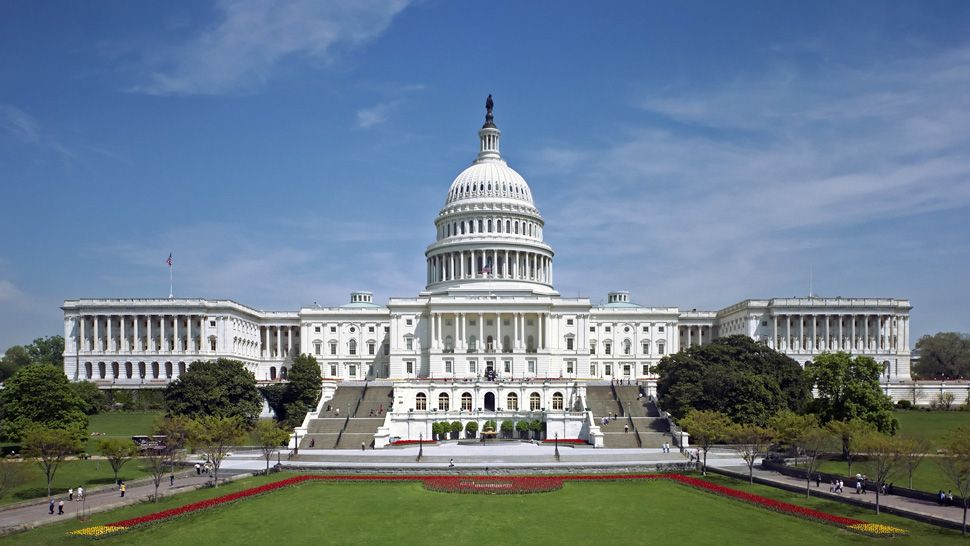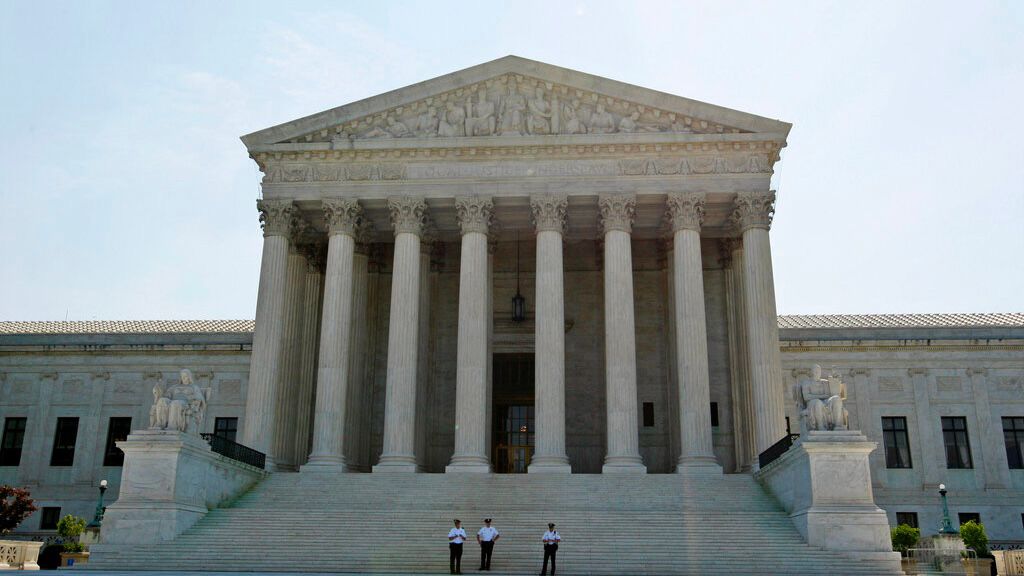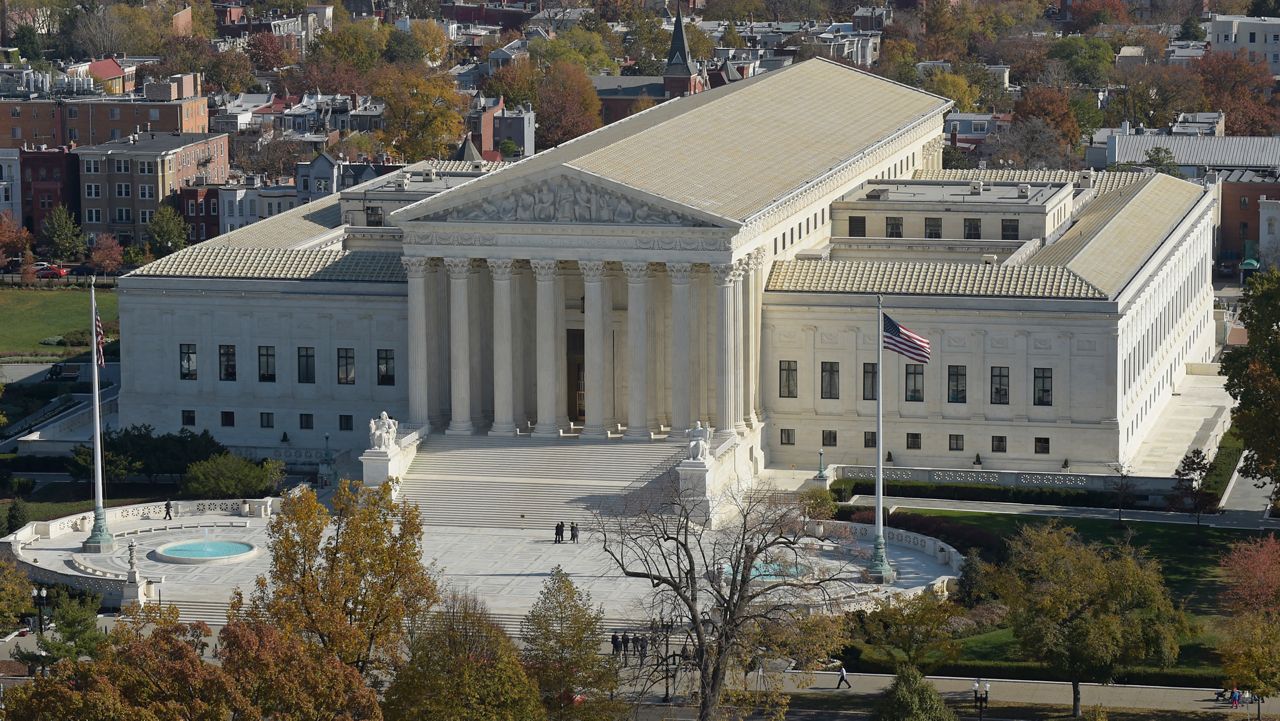NATIONWIDE — With the U.S. Senate under Republican control, one big question regarding a House impeachment inquiry is how the process will play out.
- Trump is the 4th president to go through impeachment inquiry
- The impeachment process can be long
- Senate Republicans could squash everything
- Exploring the history and understanding of impeachment
- RELATED:
The six House committees had already been investigating President Donald Trump's behavior. With House Speaker Nancy Pelosi's Tuesday order, they will continue their work "under that umbrella of impeachment inquiry." Prior impeachment investigations were conducted by the House Judiciary Committee or its subcommittee.
According to the Constitution, impeachable offenses include treason, bribery or other high crimes and misdemeanors. What constitutes these crimes has almost always been up for debate.
Pelosi's order differs from the two most recent impeachment proceedings, which began with a vote in the full House.
| Do Republicans Have The Numbers in The Senate? |
|---|
| The 116th Congress breaks down as: Majority Party: Republican (53 seats) Minority Party: Democrat (45 seats) Other Parties: 2 Independents (both caucus with the Democrats) Total Seats: 100 Source: U.S. Senate |
After the House committees provide input to include into the articles of impeachment, the House Judiciary Committee will put it all together and vote on whether to refer the articles to the full house.
If the vote is yes, the articles are given special status on the House floor, requiring a simple majority to be approved.
With a democratic majority in the House, impeachment proceedings are expected to make it at least this far.
The next step is a Senate trial. There is some speculation Senate Majority Leader Mitch McConnell decides not to hold an impeachment trial, just as he decided not to hold a vote on President Obama's Supreme Court nomination.
If a Senate trial happens, Republicans likely have the votes to dismiss the charges.
Republicans control the Senate with a 53-45 majority. It takes a supermajority to remove a president from office, which means 67 senators would have to vote to impeach.
Impeachment proceedings for the three other presidents who went through them took an average of 135 days.
Two presidents were ultimately acquitted — Andrew Johnson and Bill Clinton. Richard Nixon resigned during his impeachment proceedings then was ultimately pardoned by Gerald Ford, his former vice president.
Pelosi has not given a timeframe for this process but told colleagues it would be done "expeditiously."











